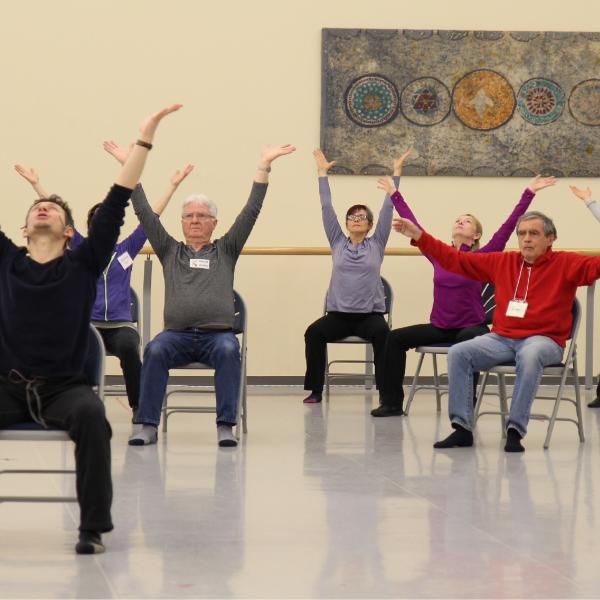Related Stories
Thinking quantitatively
Researchers at the University of British Columbia want to understand how our brains process quantity and language to inform how we teach young people about numbers, from the time they learn to count
Ontario
Boosting brainpower at the barre
Researchers are learning how the unique combination of music and movement provided by learning dance can improve both the mental and physical health of Parkinson’s patients
Quebec
How using sound to treat disease is music to one researcher’s ears
Simone Dalla Bella of Montréal’s International Laboratory for Brain, Music, and Sound Research asks “How can music help us in our daily tasks? And how can it slow down the deleterious effects of diseases such as Parkinson’s?”





